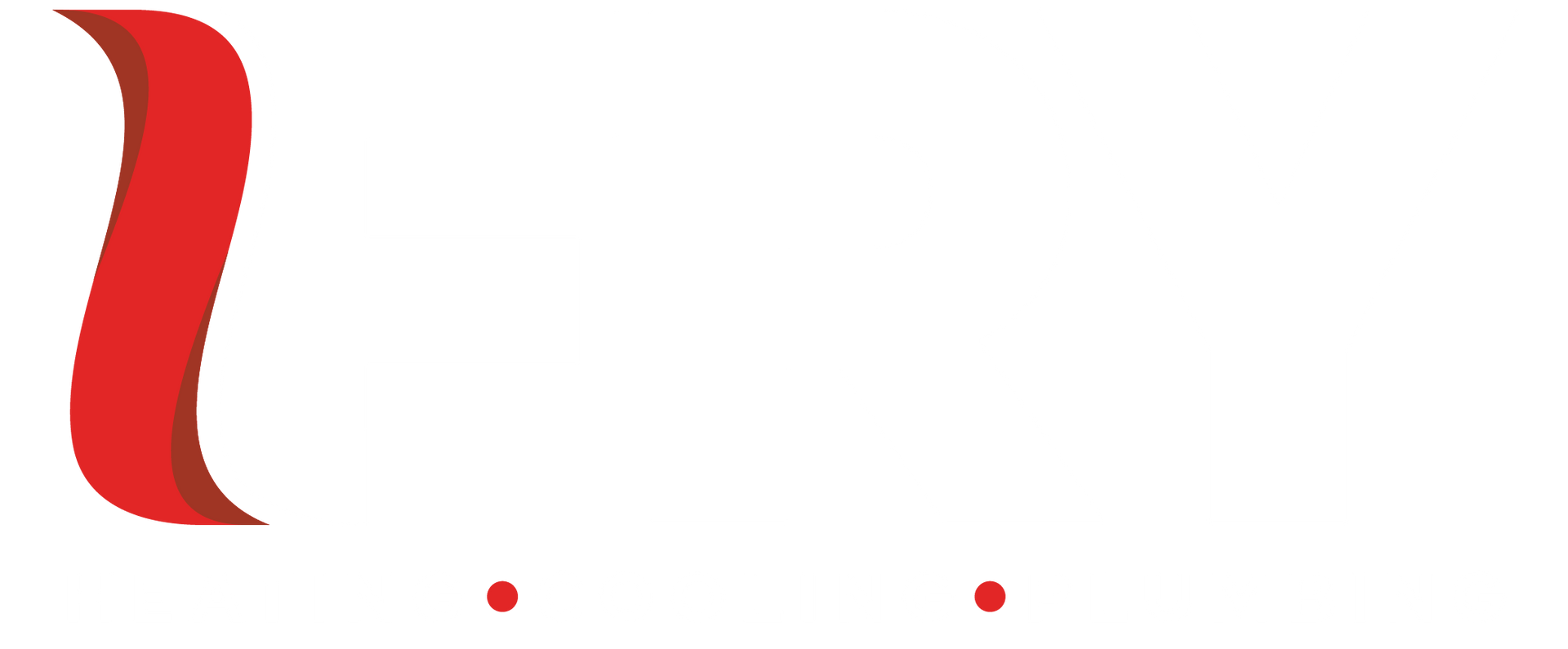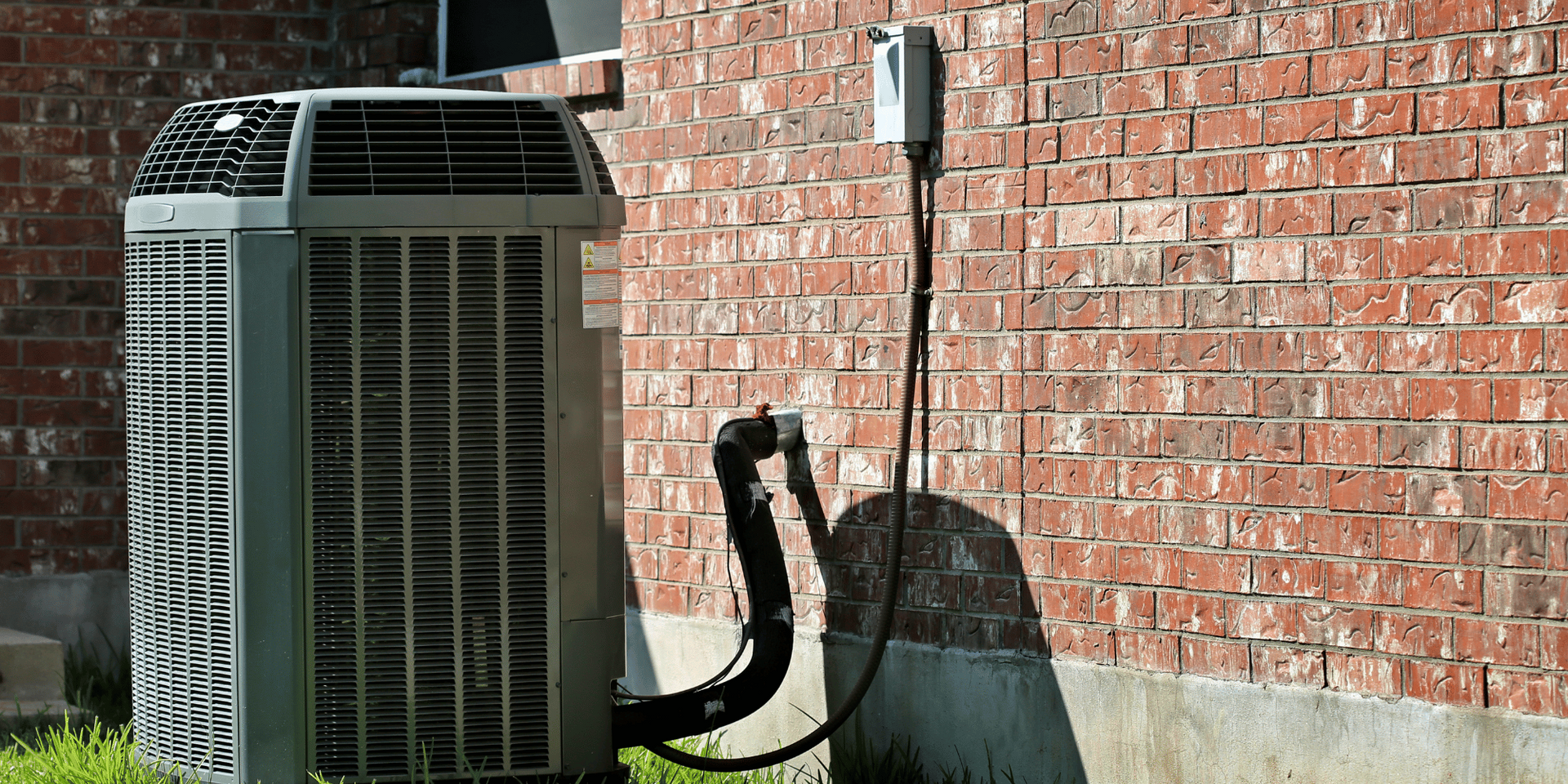A Comprehensive Guide to Choosing the Right HVAC System for Your Home
A Comprehensive Guide to Choosing the Right HVAC System for Your Home
Selecting an HVAC system might seem like a daunting task, especially when confronted with terms like "single-stage," "two-stage," and "variable speed." These terminologies may appear confusing, but they are critical to understanding the performance, efficiency, and suitability of different HVAC systems. Below is a comprehensive breakdown that aims to demystify these terms, offering you the knowledge to make an informed decision that aligns with your home needs and budget constraints.
Decoding HVAC Terminologies
In essence, these terms—single-stage, two-stage, and variable speed—describe the operational flexibility of your HVAC system's compressor. This component is vital as it determines how efficiently and effectively the system can cool or heat your living space.
- Single-Stage Systems: Operate on a single, 'all-or-nothing' setting.
- Two-Stage Systems: Feature two operational settings, 'high' and 'low'.
- Variable Speed Systems: Offer a range of operational modes, dynamically adjusting to your needs.
Decoding HVAC Terminologies
In essence, these terms—single-stage, two-stage, and variable speed—describe the operational flexibility of your HVAC system's compressor. This component is vital as it determines how efficiently and effectively the system can cool or heat your living space.
- Single-Stage Systems: Operate on a single, 'all-or-nothing' setting.
- Two-Stage Systems: Feature two operational settings, 'high' and 'low'.
- Variable Speed Systems: Offer a range of operational modes, dynamically adjusting to your needs.
The Single-Stage System: Simple but Limited
Single-stage, or single-speed, systems are rudimentary in their operation. They possess only two modes: either completely on or entirely off. When turned on, they run at full capacity until the indoor temperature reaches the pre-set level on your thermostat, at which point they shut off. Because of this binary operation, they frequently cycle on and off, consuming more energy and resulting in uneven temperature distribution.
In-Depth Analysis:
- Cost: Usually, the least expensive to install but higher operational costs.
- Energy Efficiency: Generally lower, as they operate at full capacity when on.
- Temperature Consistency: More significant temperature fluctuations due to 'all-or-nothing' operation.
The Two-Stage System: A Step Towards Flexibility
Two-stage systems offer a more sophisticated approach to temperature control. Unlike single-stage systems that operate at 100% capacity or not at all, two-stage systems usually function at around 65% capacity for their low setting and 100% for their high setting. This dual-mode operation allows for a more consistent indoor temperature and less frequent cycling, translating into moderate energy consumption.
In-Depth Analysis:
- Cost: Moderate upfront costs and operational expenses.
- Energy Efficiency: Better than single-stage but not as good as variable speed.
- Temperature Consistency: Reduced temperature fluctuations compared to single-stage systems.
The Variable Speed System: The Pinnacle of Efficiency
Variable speed systems represent the apex in HVAC technology. These systems dynamically adjust their operation, taking into account factors like indoor and outdoor temperature, humidity, and even the duration required to achieve your desired temperature. They can function anywhere from 25% to 100% of their capacity, allowing for the most precise temperature control and energy consumption.
In-Depth Analysis:
- Cost: Highest initial investment but lowest long-term operational costs.
- Energy Efficiency: Unsurpassed efficiency due to adaptive operation.
- Temperature Consistency: Achieves and maintains your home's desired temperature within half a degree.
Key Considerations for Making an Informed Decision
- Cost: Single-stage systems are generally the least expensive upfront but can be costly to operate. Variable speed systems may require a substantial initial investment but offer long-term savings. Two-stage systems provide a balanced alternative.
- Energy Efficiency: If long-term energy savings are a priority, variable speed systems offer the highest efficiency, followed by two-stage and then single-stage systems.
- Humidity Control: In areas with high humidity, variable speed systems offer superior moisture control, followed closely by two-stage systems.
Conclusion: Take the Next Informed Step
With this thorough understanding of the various types of HVAC systems, you are now equipped to make an informed choice tailored to your specific needs. Consult an HVAC expert for additional, personalized advice, taking into account your location, budget, and climate conditions. After all, the right HVAC system is not just an appliance; it's a long-term investment in the comfort and well-being of your home.
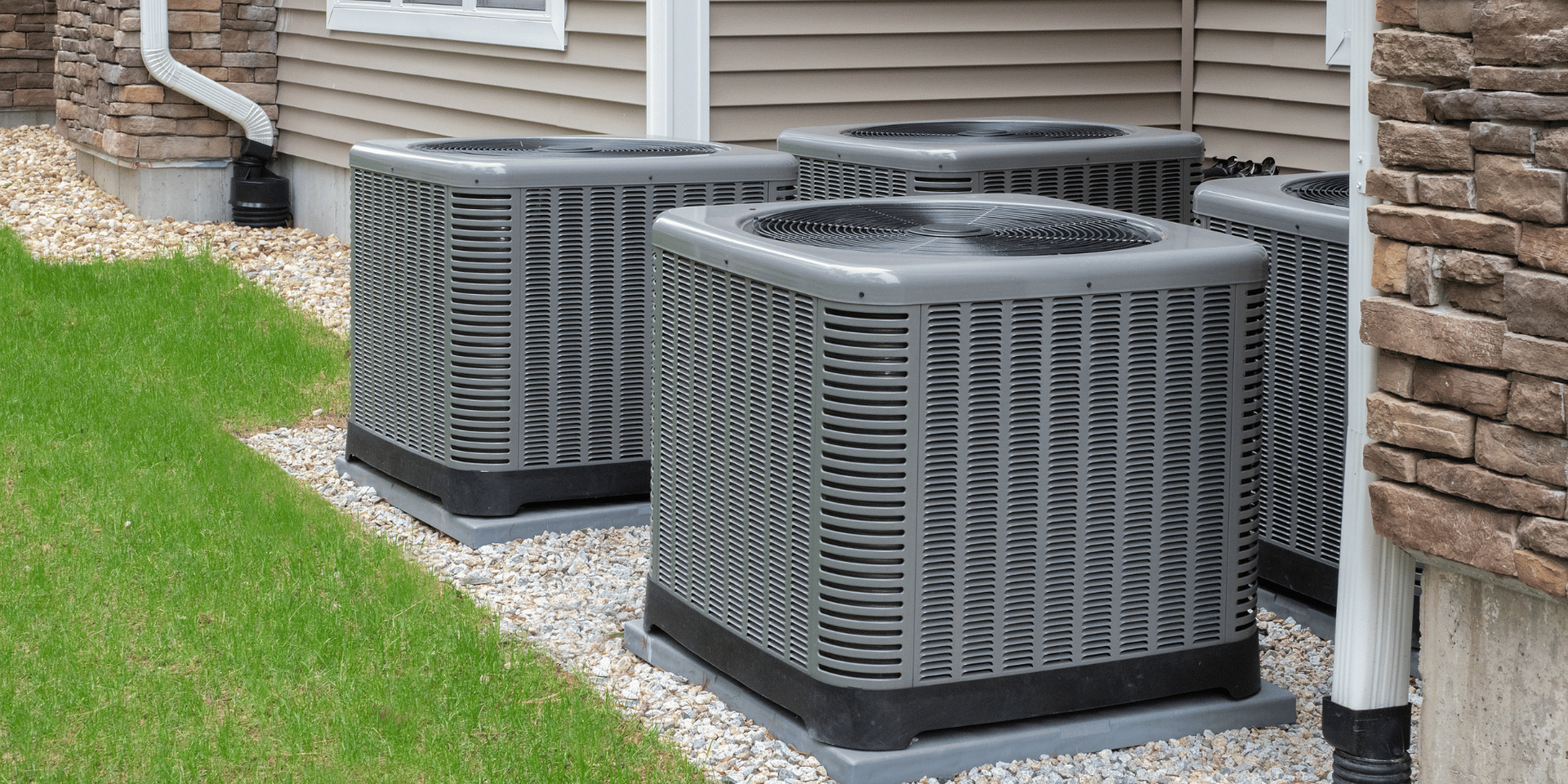
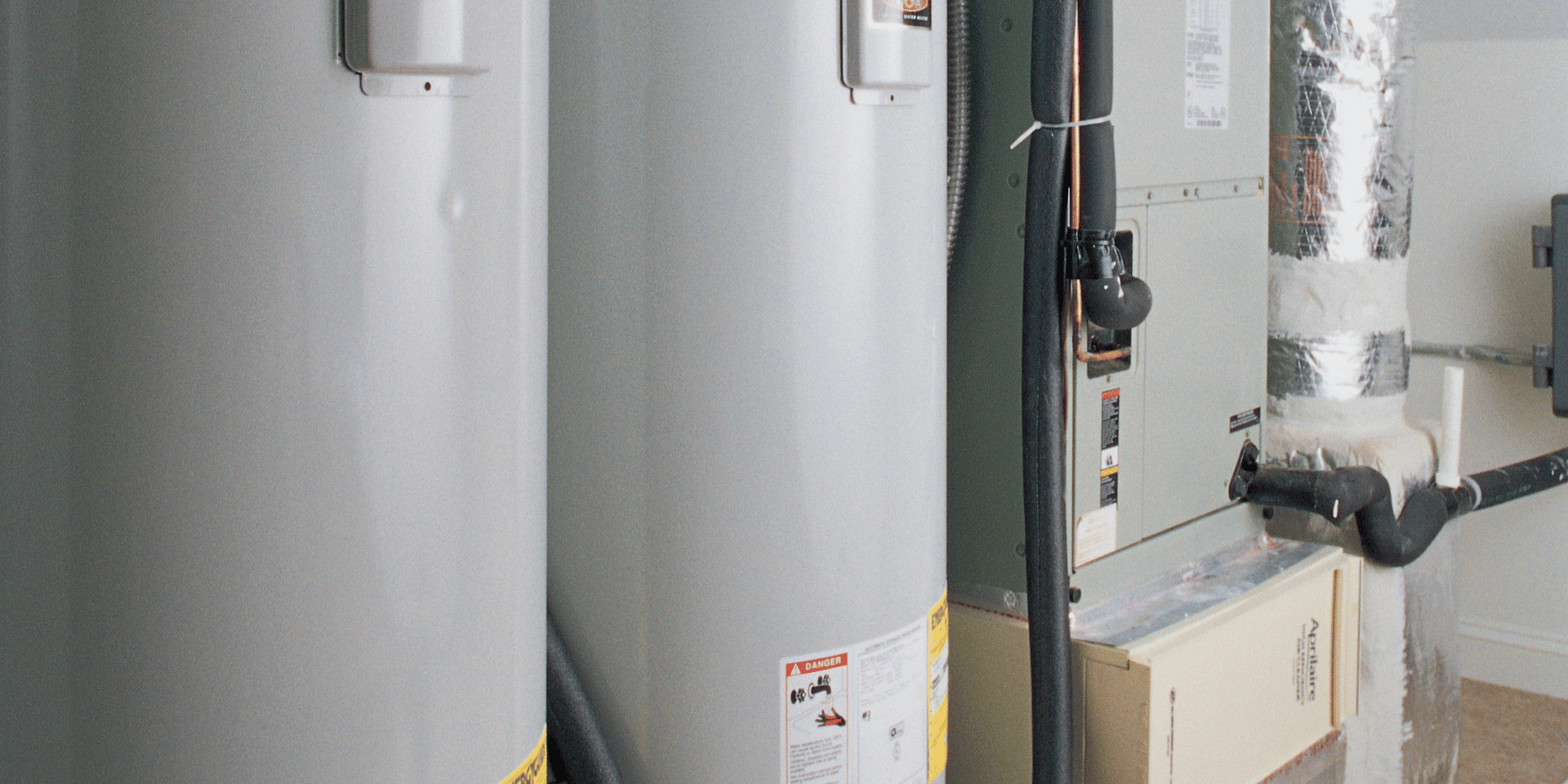

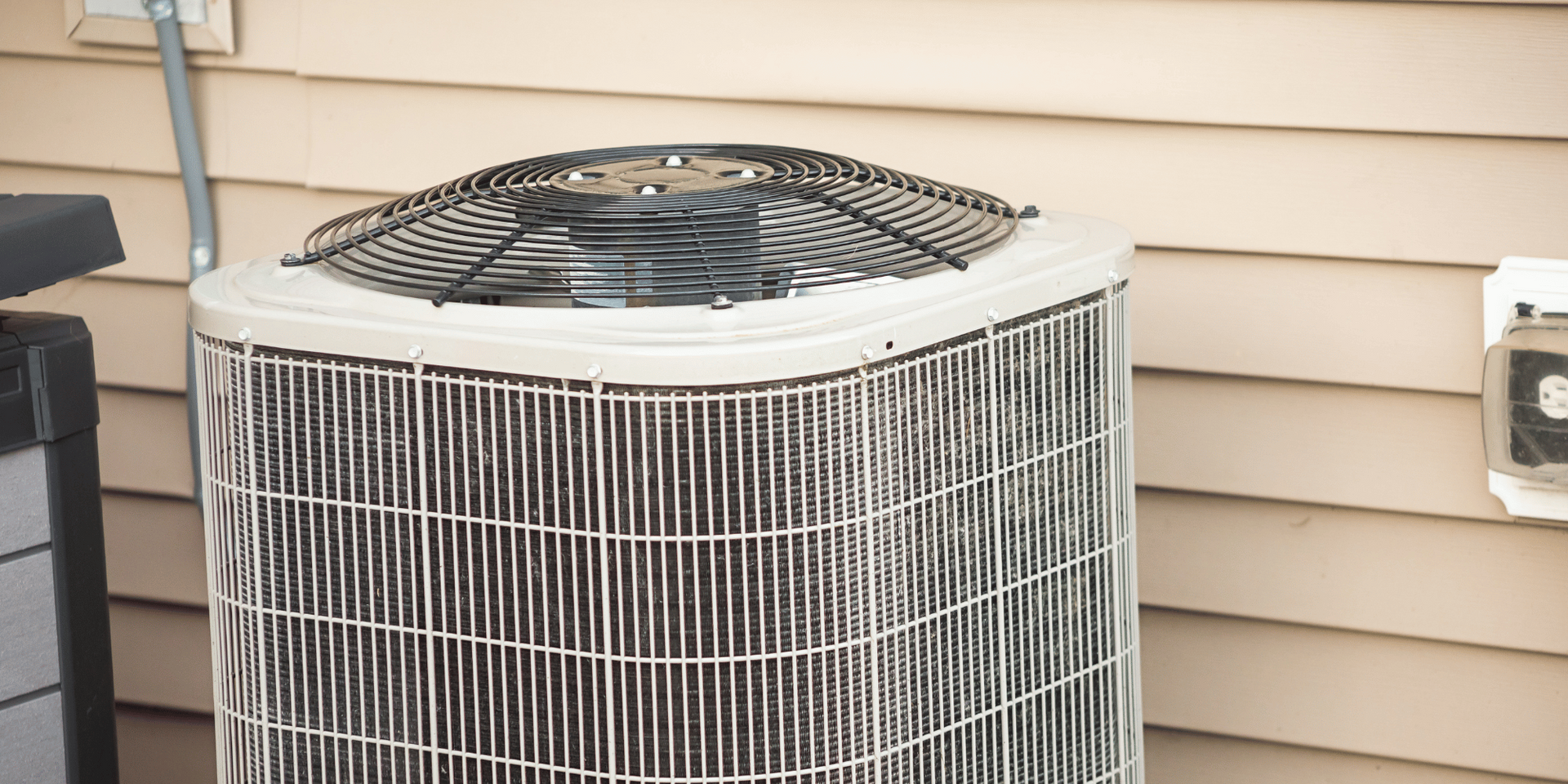
We're Listening | Get a free quote today!
Fry - Blog
We will get back to you as soon as possible.
Please try again later.



